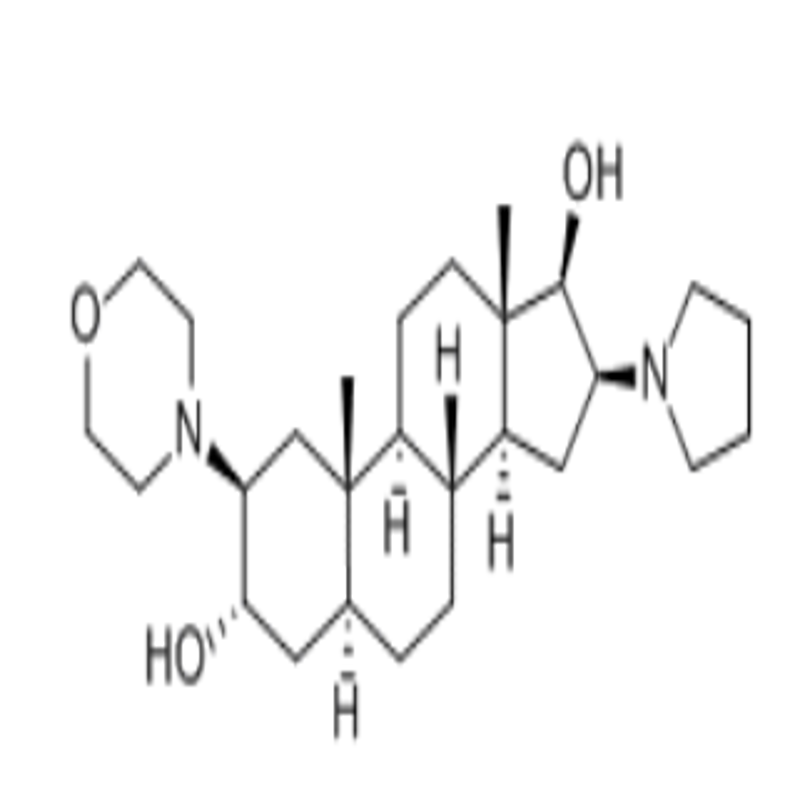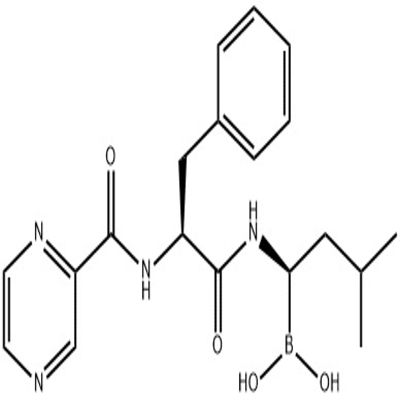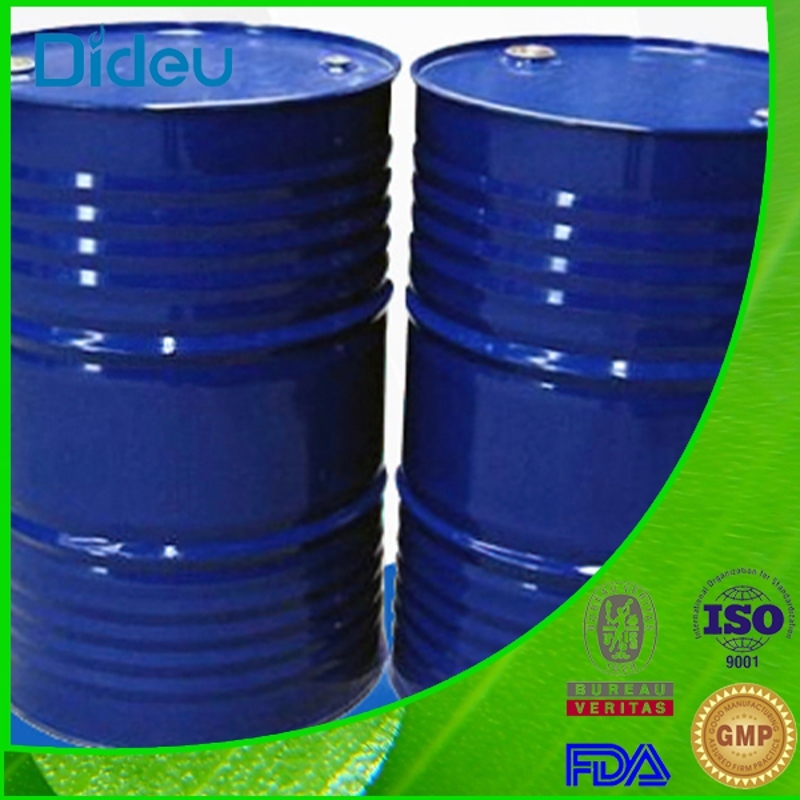-
Categories
-
Pharmaceutical Intermediates
-
Active Pharmaceutical Ingredients
-
Food Additives
- Industrial Coatings
- Agrochemicals
- Dyes and Pigments
- Surfactant
- Flavors and Fragrances
- Chemical Reagents
- Catalyst and Auxiliary
- Natural Products
- Inorganic Chemistry
-
Organic Chemistry
-
Biochemical Engineering
- Analytical Chemistry
-
Cosmetic Ingredient
- Water Treatment Chemical
-
Pharmaceutical Intermediates
Promotion
ECHEMI Mall
Wholesale
Weekly Price
Exhibition
News
-
Trade Service
4-Methyl-2-phenyl-5-pyrimidinecarboxylic acid, also known as MPP, is an organic compound that is used as an intermediate in the production of a variety of chemicals and pharmaceuticals.
The MPP compound is classified as a phenylpyrimidine derivative and is used in various industrial applications.
The upstream products of MPP are the raw materials used in the manufacturing process.
These raw materials include various chemicals such as phenylalanine, benzaldehyde, and aniline.
These chemicals are first reaction with each other to form the MPP compound.
The downstream products of MPP are the final products that are derived from the MPP compound.
These products include various chemicals and pharmaceuticals such as paracetamol, anticonvulsants, and anti-inflammatory drugs.
The MPP compound is used as an intermediate in the production of these final products.
One of the most common downstream products of MPP is Paracetamol, which is a widely used pain reliever and fever reducer.
The process of converting MPP to Paracetamol involves several chemical reactions, including nitration, sulfonation, and methylation.
The resulting product is then purified and converted into the final form of Paracetamol.
Another downstream product of MPP is an intermediate for the production of anticonvulsants.
The compound is used in the production of drugs that are used to treat epilepsy and other seizure disorders.
The process of converting MPP to anticonvulsants involves several chemical reactions, including sulfonation, nitration, and amidation.
MPP is also used in the production of anti-inflammatory drugs.
These drugs are used to reduce pain, inflammation, and fever.
The process of converting MPP to anti-inflammatory drugs involves several chemical reactions, including halogenation, nitration, and sulfonation.
In the chemical industry, MPP is used as an intermediate in the production of a variety of chemicals and pharmaceuticals.
The compound is a versatile building block that can be converted into a wide range of products.
This versatility makes MPP an essential component in the production of many important chemicals and pharmaceuticals.
In the production of the downstream products, the quality of MPP is of utmost importance.
The purity of the MPP compound can affect the effectiveness and safety of the final products.
Therefore, manufacturers of MPP must ensure that the compound is of high quality and meets all relevant standards.
In conclusion, MPP is an important intermediate in the production of a variety of chemicals and pharmaceuticals.
Its versatility as a building block makes it an essential component in the production of many important products.
The upstream and downstream products of MPP play a crucial role in the chemical industry and have a wide range of applications.
Understanding the production process of MPP and its downstream products is important for the proper functioning of the chemical industry and for ensuring the quality of the final products.







